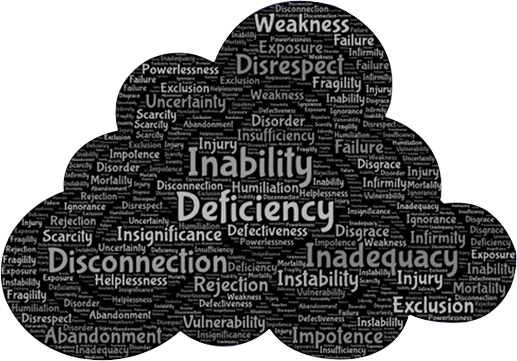How to Treat Emotional Dysregulation Adhd
Emotional dysregulation, one of the less obvious symptoms of ADHD, is also one of the main reasons for ADHD misdiagnosis. Strong emotional dysregulation symptoms can match those of posttraumatic stress disorder, bipolar disorder, depression, and borderline personality disorder.
What is emotional dysregulation?
Inability to control your
emotions might result in strong or exaggerated reactions that are unsuitable
for the situation is known as emotional
dysregulation adhd. Among other things, key signs and symptoms include:
·
emotional reactions that don't seem to
correspond to their source
·
unable to calm down, even when you are
aware that you are reacting excessively
·
low threshold for discomfort or annoyance
·
unstable or prone to fits of irrationality
·
feeling completely overwhelmed by your
emotions
·
a problem in focusing on anything other
than the feeling
Emotional Dysregulation's
Effects on Every Aspect of Life
One of the least talked
about symptoms of ADHD is emotional dysregulation, which can also be the most
problematic. The ability to manage your emotions will be extremely helpful in
any career that demands you to engage with customers or operate in a team.
Being the "hypersensitive" or "temperamental" coworker can
be annoying at work and detrimental to your ability to advance in your career.



Comments
Post a Comment